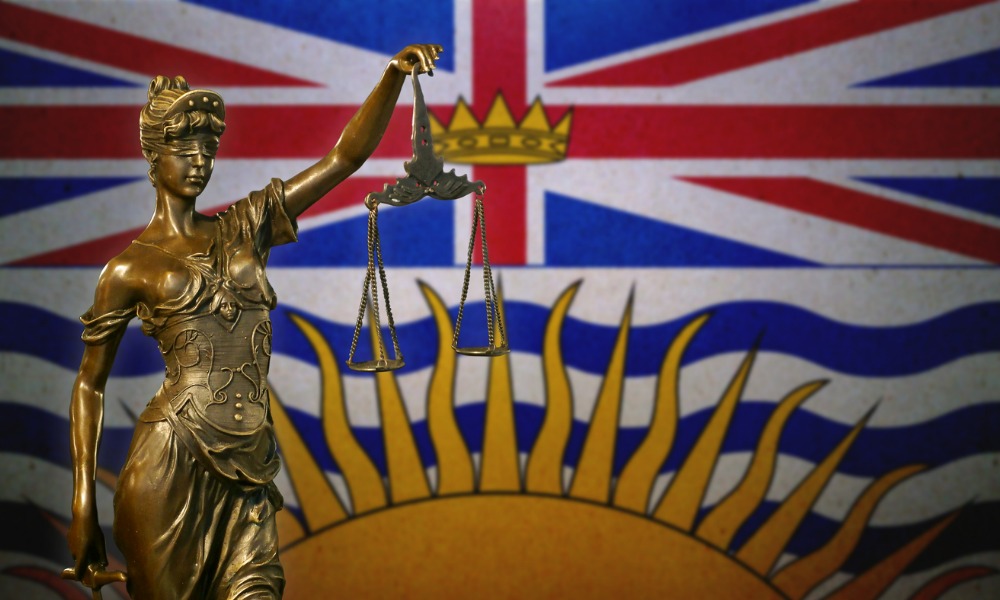First Nations argue parties to treaties intended for compensation to keep pace with inflation

Lake Manitoba and Fisher River First Nations have brought class action lawsuits against the federal government seeking compensation for annual Treaty annuity payments that have not kept pace with 150-years’ worth of inflation, among other damages.
The lawsuits are part of a wider trend of First Nations across Canada seeking indemnification for annuity payments that have fallen short of the commitments they say Canada made in the treaties. These two class actions have been filed on behalf of First Nations and their members in Treaties 2 and 5, which cover large swathes of eastern Saskatchewan, Manitoba, and northwestern Ontario.
In another similar case, Canada and Ontario recently settled with 21 First Nations for $10 billion to compensate for their unpaid share of natural resource revenues that were agreed to in the 1850 Robinson-Huron Treaty, which roughly covers the region in Ontario between Georgian Bay and the Quebec border.
Annuity payments were a key component of Indigenous peoples’ compensation under the treaties, says Maxime Faille, partner in the Vancouver office of Cochrane Saxberg LLP, who is counsel for the Lake Manitoba and Fisher River First Nations.
“For which, settler society and Canada received enormous benefits – just incalculable benefits – in terms of peaceable access to this enormous and rich-in-natural-resources country that that we call Canada.”
Canada entered the numbered Treaties, which covered much of western and northern Canada, from 1871 to 1921. Lake Manitoba First Nation is part of Treaty 2, and Fisher River First Nation is signatory to Treaty 5.
Under both treaties, the promised annuities amounted to $5 per year for every member, $25 for every chief, and $15 for every councillor.
In their statement of claim, the applicants argue that the treaties committed Canada to ensuring that the First Nations had “the means to ensure their survival in the face of encroaching settlement and the host of social, economic, and personal ills brought on by colonization.” At the time the annuities for members were “enough to allow an industrious family to buy what they needed to make a living and survive the winter.”
The applicants argue that the Crown committed to provide the same level of purchasing power for all future generations, which was demonstrated by the wording of the treaties: the annuities would continue in perpetuity “while the water flows and the sun rises… for your children, grand-children, and children unborn.”
“These are and were – and again, this is very much to Canada's benefit – permanent agreements without an expiry date,” says Faille. “They were intended to last forever. I don't think anyone can seriously challenge that.”
There is “no possible way,” he says, that the parties intended to agree to an annuity payment that gradually depreciated until it was “basically worthless.”
“There's just no possible way in which that was the intention of either the Crown or the Indigenous parties.”
The First Nations are seeking class action certification, liquidated damages of the difference between annuities paid and the annuities adjusted for purchasing power and special damages for the “improper or wrongful withholding of money, due, or an allowance for the loss of opportunity to invest the amount.” They also seek a declaration that the Crown breached and continues to breach treaties 1 and 2, among other relief.
The claim is “tremendously important,” says Aaron Christoff, a lawyer for the First Nations. “We are talking about reconciling these treaty promises, ensuring that the nations are receiving what they were promised.”










